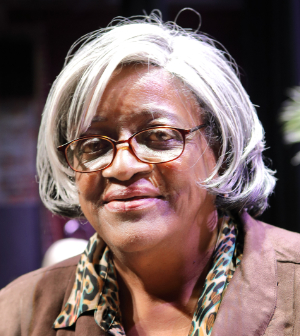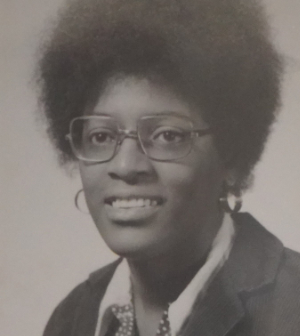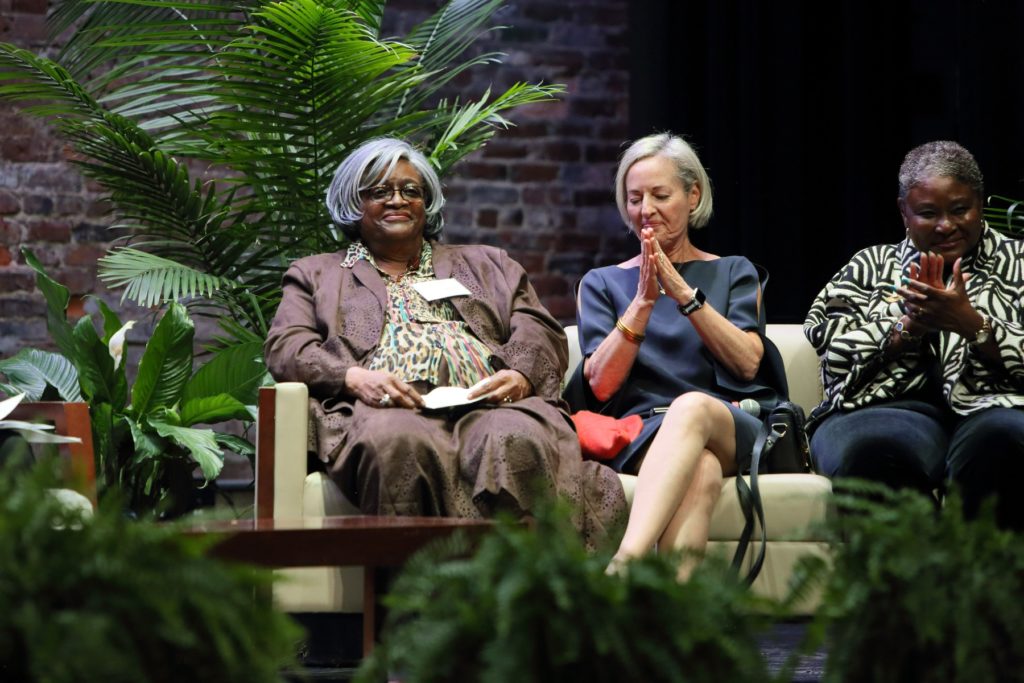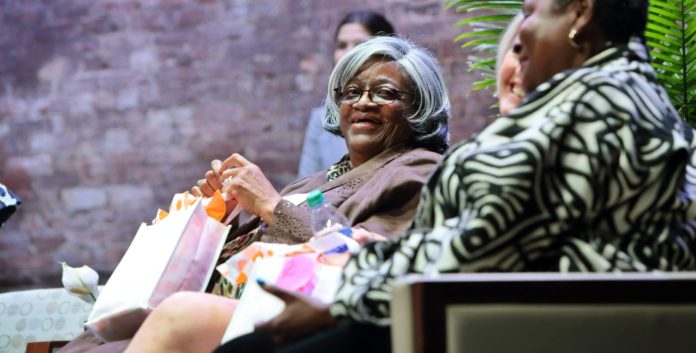The Hon. Mary Alice Buckner isn’t kidding when she says she didn’t think of herself as a history maker. She didn’t know she was one.
In fact, it wasn’t until a few years ago that she discovered this fact in an article that came across her desk: She was the first African American woman to graduate from Mercer Law School.
“When I read that, it almost shocked me,” she says, speaking from her home in Columbus. “It was a strange feeling. I put the paper down and started working in my office again.”
A little later that day, she picked the article back up and read it again, in case she had somehow gotten it wrong. She believes an African American female was enrolled in the law school before she was, but that woman didn’t graduate. Buckner did.

On Oct. 23, Buckner will receive the Tony Baldwin Trailblazer Award from the Black Law Students Association Alumni Council during a virtual Alumni Gala. The Trailblazer Award is given annually to a distinguished Mercer alumna or alumnus who continues to make strides and create paths for diversity in the legal profession.
“I never thought of it from a historic standpoint before,” she says of being the first African American woman to graduate from the law school. That’s because, in her two years at Mercer Law, the double-Bear says, “I was just trying to get through law school and start my life.”
Buckner spent her 1L year in Atlanta, at Emory University, her tuition funded by a New York foundation. When that money came to an end, she realized it would be more economical to return to Mercer. But she experienced culture shock. (As fellow Law School alum M. Yvette Miller, ’80, put it, in Macon back then, “the ’60s came during the ’70s — or later.”)

At Emory, “You had a lot of African American students and women students and diversity in the student body and a lot of diversity in the faculty,” she says. “And you had a lot of support. We formed study groups, and we ate together.”
At Mercer Law, there were only two other women in the whole school, one in the class ahead of her, one behind. “There was no socializing. We were just in school at the same time.”
The prejudice of the era raised its head quickly. Injustice and racial bias were a daily occurrence. On her very first day of class, “I sat down near one of the law students — and he moved,” Buckner says. “I just smiled. It didn’t make me angry. I had made my choice that I wanted to be a lawyer, so I was just amused by it.”
Buckner grew up in a large family, but none of them were lawyers.
“I would tell a lot of people that’s what I wanted to do,” she says, “and a lot of people really thought I was crazy because they knew I didn’t know any lawyers, and they didn’t know any lawyers. … I wanted to be a lawyer so my voice could be heard and listened to, so I could make a difference to what was going on in our society. That’s what motivated me.”
At the Law School, there were other African American male students.
“But a lot of the guys were married and went home after class,” she says. “They had their own lives, and it was not that kind of environment where you do a lot of fraternizing.”
At the time, Mercer didn’t provide housing for single students, only for married couples. So Buckner lived with family, far from campus, which deepened the isolation she sometimes felt. “What helps you in law school is getting together and talking about the law you studied in class that day.”
At home, she didn’t talk about her difficulties.
“I didn’t really express it with my family, because I didn’t want them to worry about me,” she says. “You don’t want to show that you can’t make it.”
But she did make it, even if she didn’t know she was making history at the time.
“You don’t feel like a trailblazer when you’re going through all that,” she says.
And she’s glad to see the big changes that have happened in the years since her graduation — the tremendous increase in female enrollment and Mercer Law School’s embrace of diversity in all its forms.
“I am so happy to see how much this school has grown, and I am so happy and … I see so many females and I see so many African American students,” Buckner says. “That does my heart well, just to see that. It’s almost unbelievable, and it makes me feel really good to know that Mercer did change.”
Despite the problems she experienced decades ago at Mercer, as it used to be, “I want to say this: I wouldn’t change the experience. … I think it was preparing me for how things would be in society.” And for the practice of law, as well — a profession where people may dislike and underestimate you, but you get the job done, regardless.











